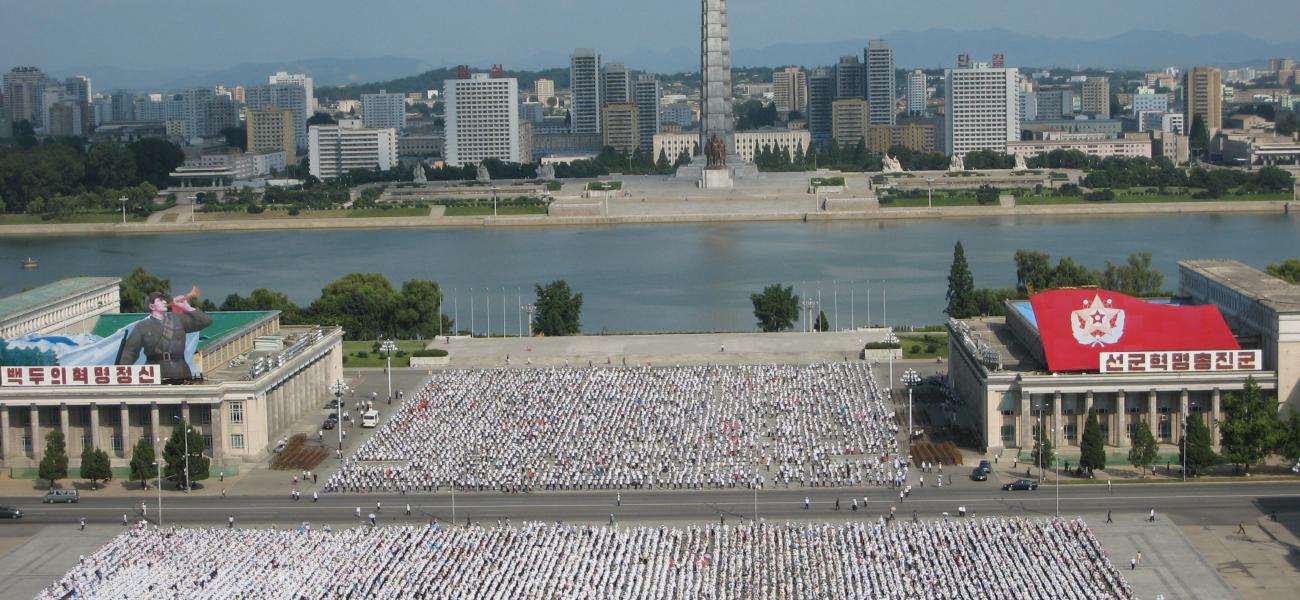
A Country Living in Three Eras: Reflections on the 75th anniversary of the DPRK
September 22, 2023
Alexander Solovyov
This is a summary of an article originally published by Russia in Global Affairs.
The author, deputy editor of Russia in Global Affairs, writes:
- At the discursive level, Moscow and Pyongyang today have many similarities. In addition to the fight against imperialism and hegemonism, they include [the belief in the] unconditional primacy of sovereignty. Other common features of foreign policy discourse are statism, the image of a “besieged fortress” and the unquestioned authority of the national leader as a source of political decisions. Another similarity is the readiness to escalate international affairs, supporting confrontational rhetoric with a show of force. This, perhaps, is where the commonalities of discourse end. There are many more differences [including]:
- The internal political roles of the leader in Russia and the DPRK differ quite seriously. Hence, the North Koreans practice “local leadership,” which ... is not at all the same as “manual control” ... Pyongyang seems to have somewhat more experience with escalation-de-escalation cycles than Moscow.
- At the level of “grand narratives,” the DPRK, first of all, has no problems with the national idea, which Russia cannot produce for itself.
- Perhaps most importantly, the Cold War never ended for the DPRK, and it will not end in the near future. Accordingly, Pyongyang had no reason to experience “loser resentment.” ... Also accordingly, the DPRK did not go through an ideological reassessment of itself; the DPRK did not try to see if Western “capitalist normality” fits it and it did not become disillusioned with globalization and liberal democracy and, of course, it did not feel the need to develop an alternative doctrine – as it already had one.
Photo shared by Xiehechaotian via Wikimedia Commons under a CC BY-SA 3.0 license.
Stay up to date!
Never miss a Russia Matters exclusive! By signing up for our media advisory, you'll be notified when new exclusives are published.
Sign up here!
Recent Analysis
CIA Director Burns on Ukraine: ‘We’re Running Out of Time to Help Them’
April 25, 2024
George W. Bush Presidential Center
Personnel Stagnation to Splinter Putin Elite With Battle of Lost Generations
April 19, 2024
Andrey Pertsev
Click to Subscribe
Russia Matters offers weekly news and analysis digests, event announcements and media advisories.
Choose and sign up here!
